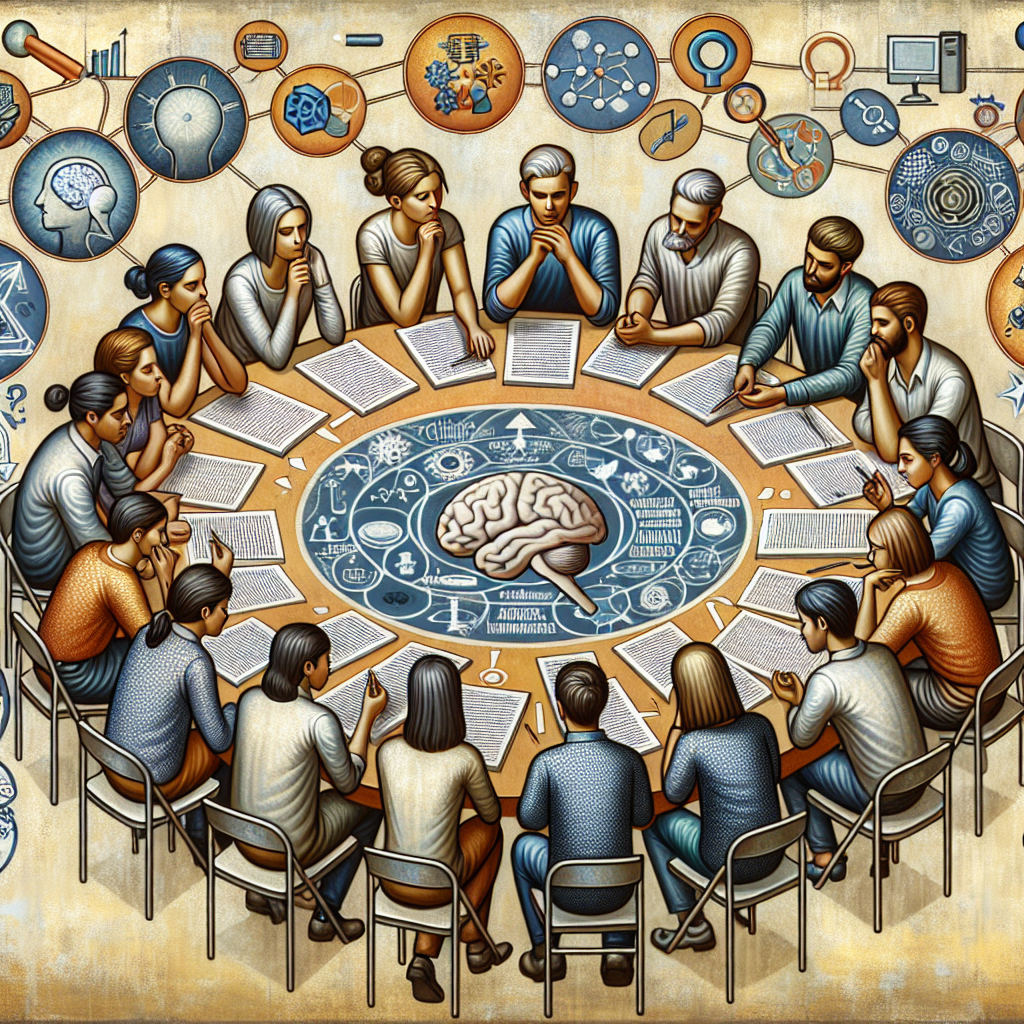Instructors: Mathis Lamarre, Anuja Negi, Fatma Deniz
Overview
| Language | English |
| Credits | 3 ECTS |
| Lecture Period | Oct 16, 2025 - Feb 12, 2026 |
| Time | Thursdays @ 2:30-4:00pm |
| Location | MAR 5.044 |
| ISIS | link |
Content
In the neurocolloquium, we read and discuss recent scientific publications from the field of computational cognitive neuroscience. A particular focus will be on literature that uses methods from the field of computer science and artificial intelligence as a means of modelling brain functions – in particular language – as represented in functional Magnetic Resonance Imaging (fMRI) data.
Learning outcomes
Students will become familiar with topics and debates within the field of language research and cognitive neuroscience. Furthermore, they will learn to read and discuss scientific articles and gain an understanding of how computational approaches can be applied to brain research.
Structure
Each week, one paper will be read in advance and discussed together in detail. At the beginning of the course, each student will be assigned one paper for which they will prepare a small presentation of the methods section which they will present prior to the discussion. Depending in the scope of these method sections, presentations should be around 10-15 minutes and should be accompanied by slides.
Schedule
| Date | Paper | Presenter |
| Oct 16, 2025 | A polar coordinate system represents syntax in large language models | Omar Sherif |
| Oct 23, 2025 | Reading comprehension in L1 and L2 readers: neurocomputational mechanisms revealed through large language models | Mathis Lamarre |
| Oct 30, 2025 | TRIBE: TRImodal Brain Encoder for whole-brain fMRI response prediction | Joseph |
| Nov 6, 2025 | Towards Interpretable Visual Decoding with Attention to Brain Representations | Andrea |
| Nov 13, 2025 | Semantic language decoding across participants and stimulus modalities | Lea |
| Nov 20, 2025 | Diverse Perceptual Representations Across Visual Pathways Emerge from A Single Objective | Nicolas |
| Nov 27, 2025 | High-level visual representations in the human brain are aligned with large language models | Carmen |
| Dec 4, 2025 | Language models align with brain regions that represent concepts across modalities | Thomas |
| Dec 11, 2025 | Divergences between Language Models and Human Brains | Niklas |
| Dec 18, 2025 | Semantic change in adults is not primarily a generational phenomenon | Joseph |
| TBD | Individual differences shape conceptual representation in the brain | Carmen |
| Jan 15, 2026 | Evaluating scientific theories as predictive models in language neuroscience | Simone |
| Jan 22, 2026 | Attention is all you need (in the brain): semantic contextualization in human hippocampus | Thomas |
| Jan 29, 2026 | Concepts and Compositionality: In Search of the Brain's Language of Thought | Nicolas |
| Feb 5, 2026 | Why Language Models Hallucinate | Lea |
| Feb 12, 2026 | Disentangling signal and noise in neural responses through generative modeling | Niklas |
